
It’s about time for the 81st High School Invitational Tournament, or Spring Invitational as it’s also known(1). I am looking forward to it quite a bit. I like seeing the unaffected techniques of the young players.
Even so, I have no desire to head over to Koshien Stadium. The Invitational must be seen on TV. This is because only on television can you watch the post-game interviews.
Ryo Ishikawa(2), the popular golfer known as the “Bashful Prince,” is said to be worth 100 million yen despite being a 17 year-old high school student. I would like to take this opportunity to state clearly: I am so jealous! Ryo Ishikawa sometimes sucks air through his teeth, as he did when asked on a variety show about his daily schedule: “Shiizun chuu waa, [ssss] asa wa daitai sutaato noo…” (In season [ssss] I usually start…”) (January 19, 2009 “SMAP × SMAP”).
The jockey Kousei Miura(3), whose genius is recognized as surpassing even Yutaka Take(4), has earned some billions of yen. Obviously, I am jealous of him too, but when Mr. Miura was interviewed, he also sucked air through his teeth during an interview when asked about Fenikon, a horse he rode to his first victory: “Sono uma ga, ano debyuu suru mae kara, mada reesu o shiranai toki, kara boku wa zutto noshite itadaite, morattetan de, [ssss] nnn… ya, sugoi, yanchana uma tteyuuka” (I was allowed to ride that horse for a long time from before my debut, when I didn’t know anything about racing, [ssss], hm… he’s a great, feisty horse.) (January 19, 2009, “Top Runner”).
Sometimes I teach 18 year-old college freshmen. And sometimes I record college and graduate school students for my research. However, while they might say things like “Demoo, baito gaa, isogashikutee,” (But, uh, I’m er busy with my, um part-time job.) they don’t suck air through their teeth.
In this respect, one perceives the difference between those who have made great achievements, been applauded by adult society, and are treated as full adults, and those who are not yet at that stage, even if they are about the same age.
But this is perhaps not a correct perception. I can see no more than one aspect of my students. Sometimes, they participate in national tournaments for their sports clubs (and ask my permission to miss class). Perhaps at these tournaments, while being interviewed after a victory, they cast aside their normal way of speaking and suck air through their teeth while commenting competently, like Ishikawa and Miura.
To give a more realistic example, some students work as home tutors, and may be viewed by the parents as “distinguished professors who condescend to working as home tutors.” When their pupil’s mother says, “You must be exhausted, professor,” and serves them dinner, they probably respond “Ah, I’m so sorry to trouble you.” They would probably make the “ssss” sound in this case. Or, if they are the supervisor or the head of a sales floor at their part-time jobs, perhaps they say things like “Please take over the night shift [ssss]” at meetings.
Last time we discussed “stuttering,” but this too is an “adult” technique, albeit slightly removed from “language” in a narrow sense of the word.
* * *


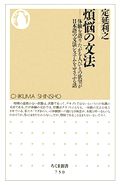
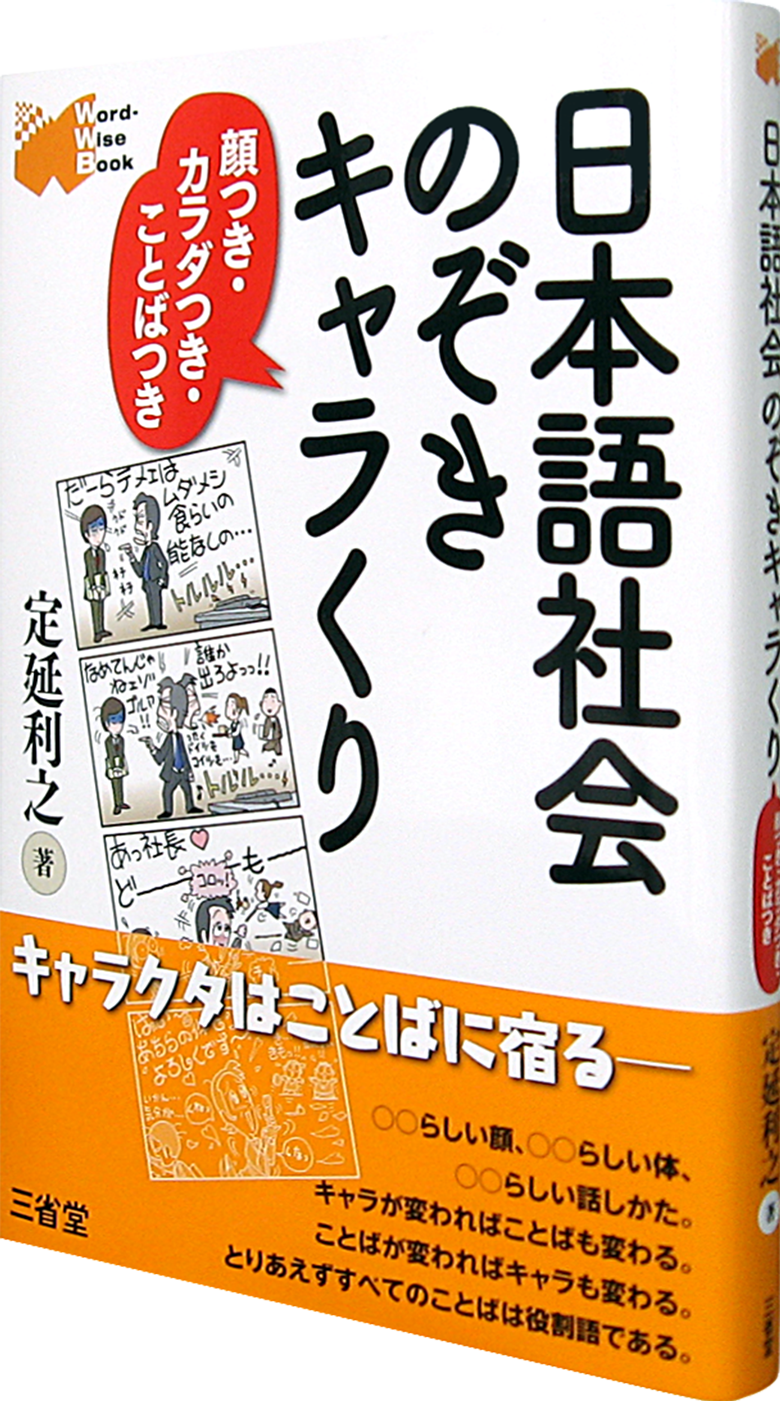
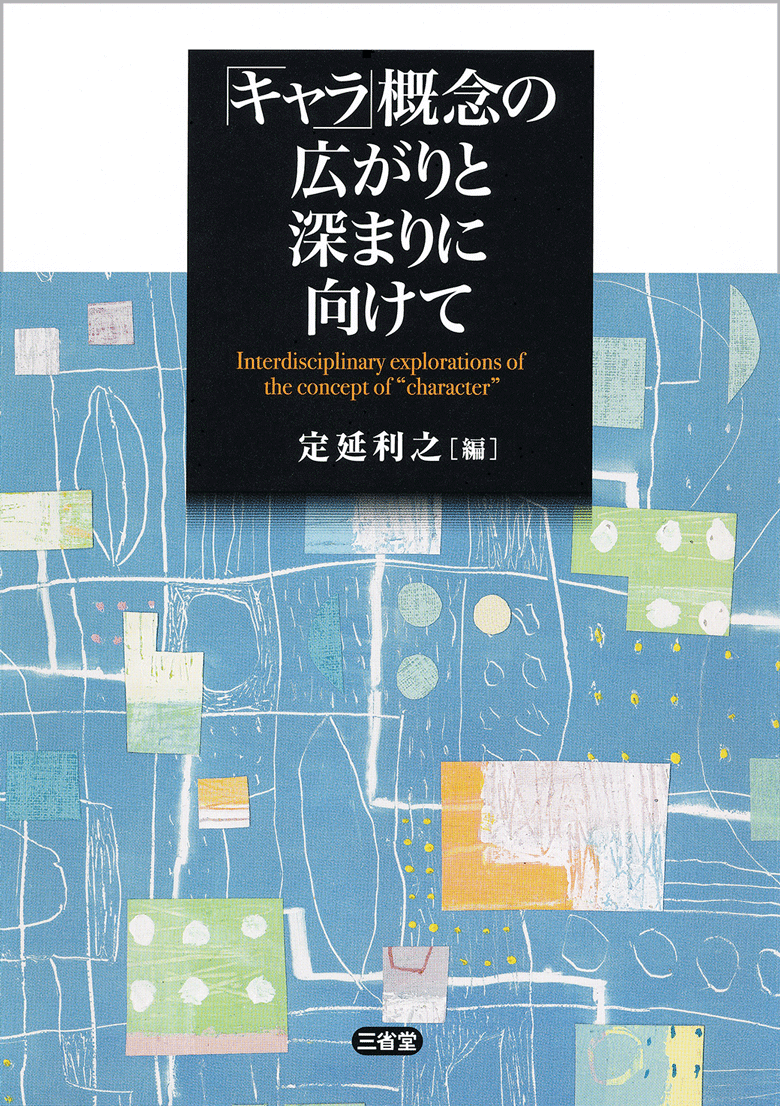

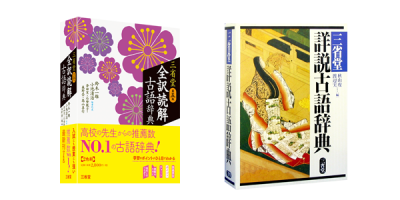
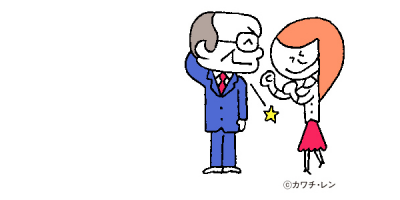
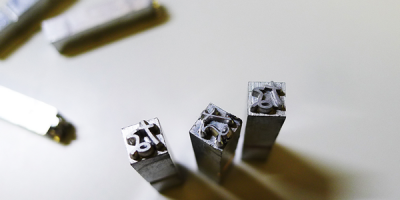
(1) A televised national high school baseball tournament, held every year at the Hanshin Koshien Stadium in Hyogo Prefecture.
(2) 1991– Professional golfer who has won the Japan Golf Tour multiple times.
(3) 1989– Professional jockey for the Japan Racing Association
(4) 1969– Japanese jockey who has won championships in both Japan and Great Britain.